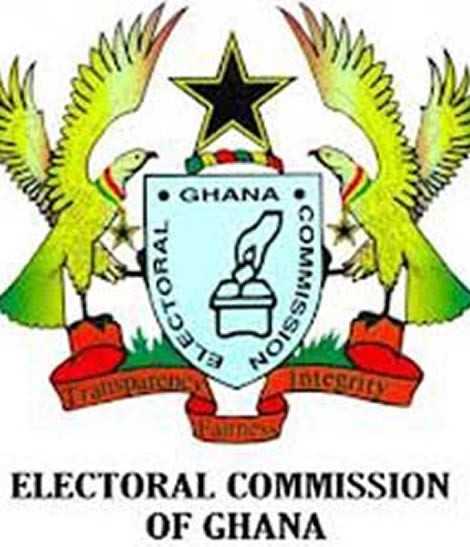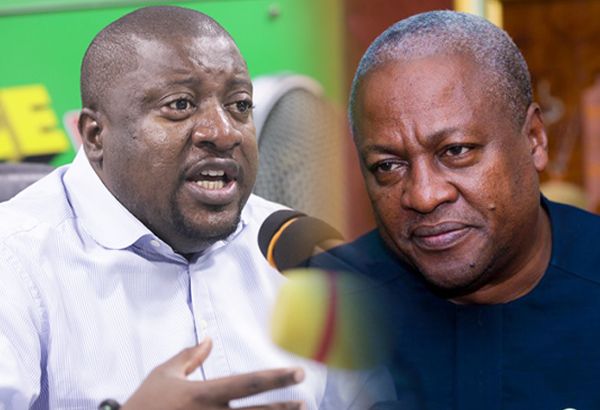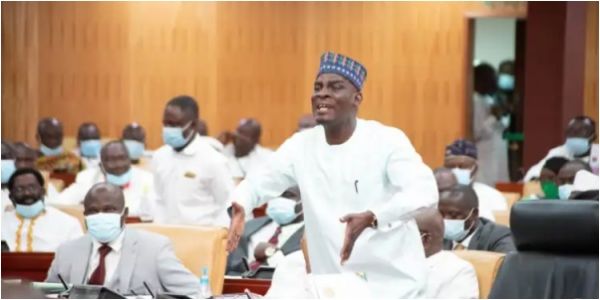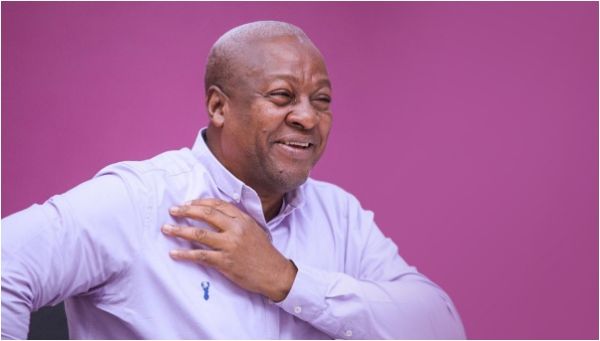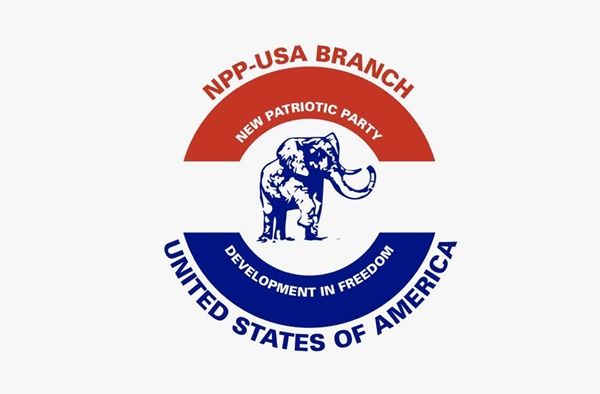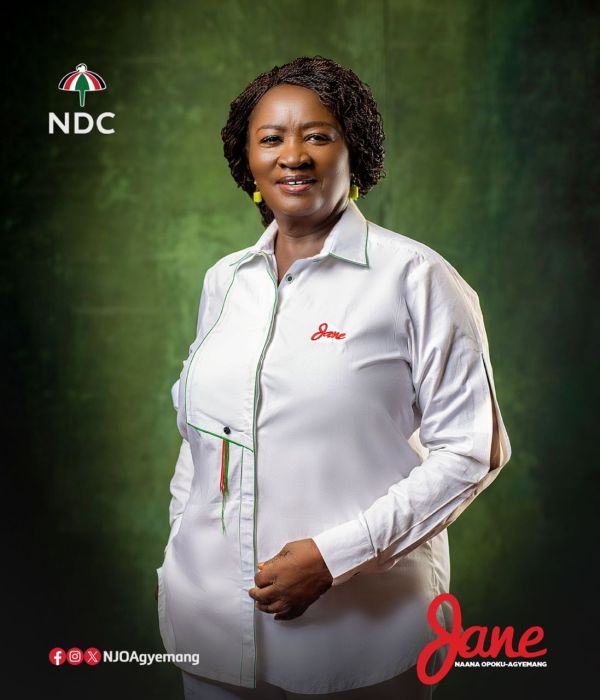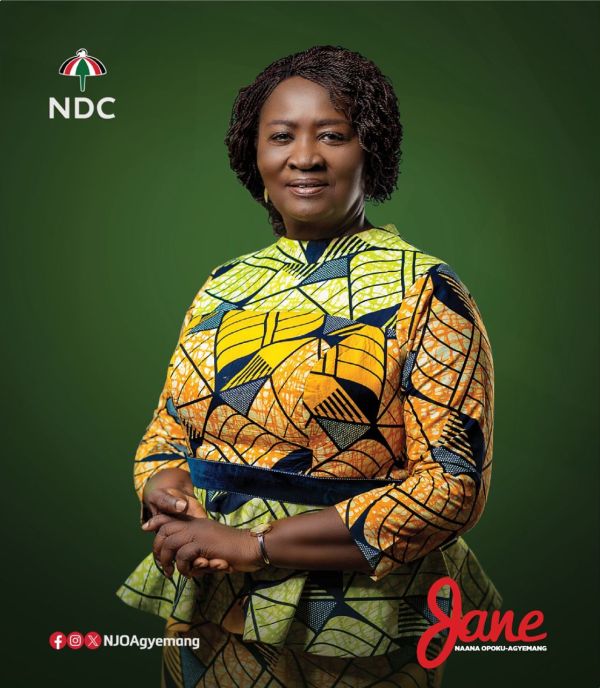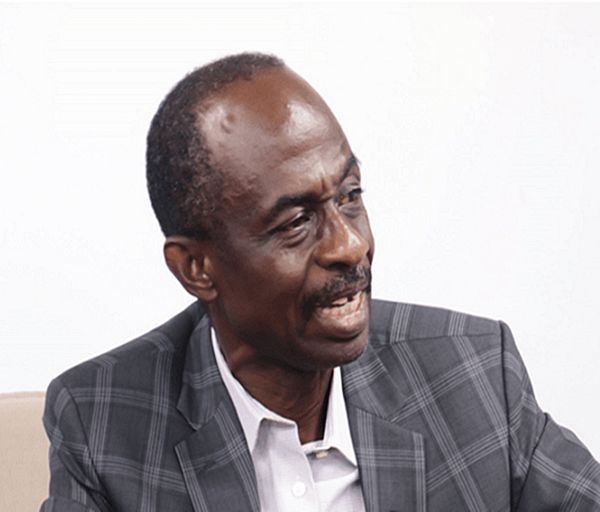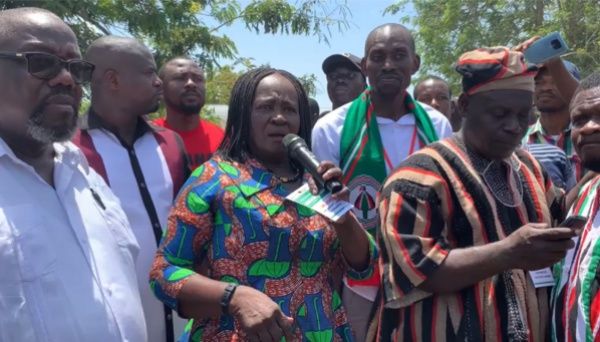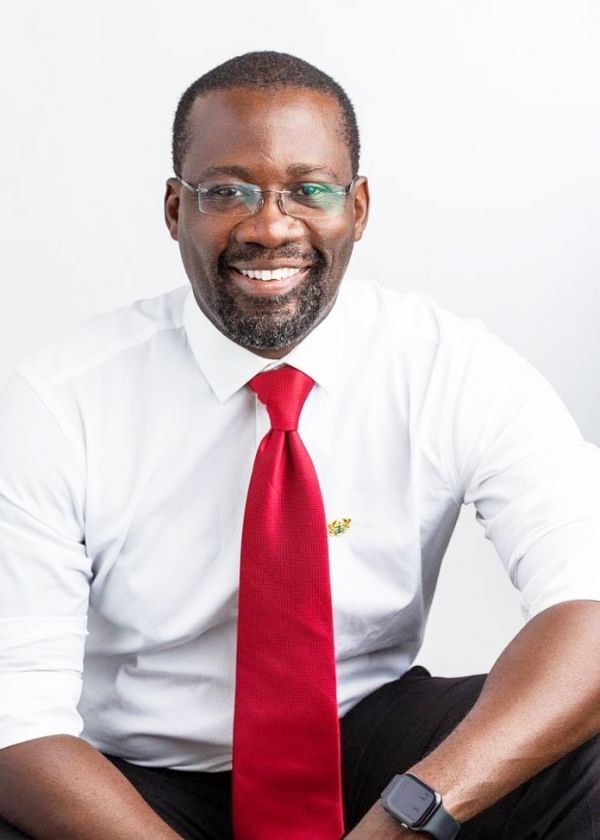
The Managing Director of the Bulk Oil Storage and Transport (BOST), Edwin Alfred Provencal, has shared unwavering faith in the development of Ghana.
Speaking in an interview with Nana Yaw Kesseh on Peace FM's "Kokrokoo" show Monday morning, the BOST MD emphasized that he is "not from the school that has given up on Ghana just like the President hasn't given up on Ghana".
He pointed to some initiatives rolled out by the President of the Republic, Nana Addo Dankwa Akufo-Addo, which, to him, Ghanaians may not see their significance today but will reap huge benefits in the offing.
He particularly thanked the President for the establishment of the State Interests and Governance Authority (SIGA) under his tenure, thus explaining "the formation of SIGA has brought to the fore accountability because it is only in these few past periods that you have State-owned enterprises being put on the board and being discussed by plurality of media. They pick the Auditor-General's report and they dissect it per organization. Now, what will happen is that, that behavior, in the long run, is gonna drive behaviors of leaders in State-owned enterprises towards performance".
SIGA
The State Interests and Governance Authority (SIGA) is traceable to the State Enterprise Secretariat (SES) which was incorporated in 1965 under a Legislative Instrument (L.I. 47).
The core mandate of the State Enterprise Secretariat was to promote within the framework of Government policy, the efficient and profitable operations of Statutory Corporations engaged in trade and industry.
The BOST MD believed Ghanaians will some day "say a very big thank you to the President of Ghana".
"I have hope . . . I have great hope in Ghana . . . It takes time for things to change. So, over time, I have hope that the destination we will get there," he asserted.
0
BOST Margin
Touching on the BOST margin which some say it should be scrapped, Mr Provencal revealed that his outfit has utilised it to improve infrastructure and perform repair works that had contributed to the increase in revenue.
BOST margin is a tax imposed on petroleum products used to cover the maintenance and operating cost of petroleum product depots and undertaking expansion programmes at depots which is currently six pesewas per litre.
Prior to the increment to six pesewas in 2020 following a request by Mr Provencal, the BOST margin had been at three pesewas per litre since 2011.
“In 2011 the BOST margin was at three pesewas and in dollar terms was 0.02 dollars which is two cents. It has remained three pesewas until 2020 where the dollar value had moved from 0.02 dollars to 0.0054 dollars which means that it has moved from 2 cents to 0.58 cents, therefore losing over 75 per cent of its value,” he stated.
“So in 2020, I advocated that they should give me a BOST margin equivalent to the 2011 dollar value which should be 12 pesewas because all our inputs are imported, but only received six pesewas,” he explained.
That notwithstanding, he said the BOST margin had contributed to the growth of the company as they were able to repair their infrastructure.
He said the company had now repaired 12 of the 15 tanks that had broken down, fixed the pipelines, brought the pipelines from Houston, repaired all the barges and back on track, fixed the Buipejerty, while all old equipment had been taken out and replaced with new ones.
Financial Challenges
Mr Provencal said when he took over BOST in 2019, the company was saddled with trade liabilities of $624 million.
“That meant that some people had brought in products but hadn't been paid or we traded at a loss and so we owed suppliers $624 million,” he said.
He said aside from the debt, the company had taken some guarantees from banks and had legacy loans totalling GH¢284 million.
In addition to that, BOST owed some bulk oil distribution companies (BDCs) to the tune of $37 million for products that had been supplied, coupled with capital expenditure liabilities of about $109 million, he said.
“If you take over a company and instantly people are in court with you and want their money, that looks very scary,” Mr Provencal noted.
However, as of the end of last year, he said, the company had managed to pay $611 million out of the $624 million debt it owed suppliers.
Out of the payment, the company's internally generated funds (IGF) accounted for 70 per cent ($426 million), with the government providing 30 per cent through the Energy Sector Levy Act (ESLA) bond, he explained.
He said out of the GH¢284 million owed banks, the company had paid GH¢187 million through its IGF.


